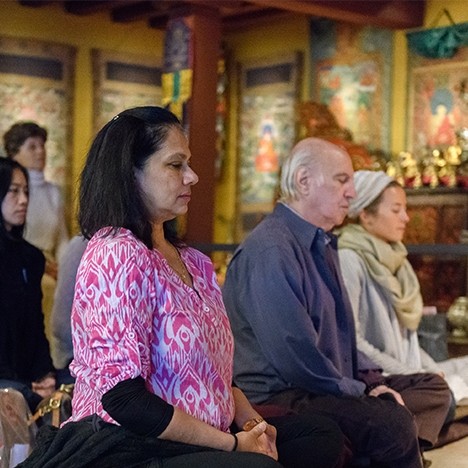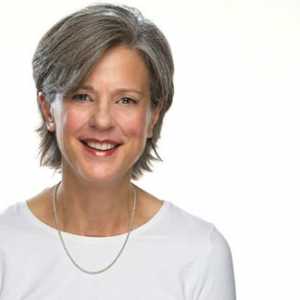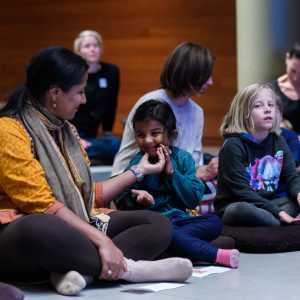
Why not begin 2018 with forgiveness? And why not start with you? Forgiveness, like gratitude, is a practice that can be cultivated one moment at a time. Forgiveness is the opposite of indulgence, grounding us, reconnecting us to humility and humanity. In forgiving ourselves, we remember that we are human, subject to causes and conditions. We are not demons. We are not angels. Forgiving ourselves for all we have done or not done due to our pain and fear and delusion is a way for us to soften and open our hearts and minds to reality again. It is also a way to prepare to forgive others. But we can stay with ourselves as long as we like.

It is wise to practice in small moments. When we are quiet, at the end of meditation or in nature or otherwise relaxed, we can say “forgiven” silently, like a mantra or prayer. For a moment or two as we practice this, we may feel ourselves emerge from the cage of our thinking into a warmer, more expansive awareness, an awareness that is connected to life in the present moment. Notice that forgiveness practice is really a gesture of recognizing and accepting our own humanity. It is a gesture of humility, literally returning to the earth.

Not surprisingly, the word “forgive” comes from a word that means to give. To forgive a debt is giving solvency to another—absolving them, pulling them out of debtors’ prison and back into the light of the living. As Charles Dickens tells us, no one ever paid a debt while locked away in debtors’ prison. Why not be free from the prison of the kind of thinking that is really judgment, often obsessive and mean and divorced from reality? Forgiveness is also fore-given, given in advance. Just for a moment, experiment with how it feels to be granted forgiveness in advance. In other words, you don’t have to apologize for being you. Every part of you—angry you, sad you, slightly disorganized you—is lovable and welcome here on Earth.

Like many men of his generation, my father was a veteran of World War II. At the conclusion of his funeral, an honor guard fired a 21-gun salute. This ritual came from the custom of ships firing off all their guns to show that they came in peace. With no time to reload before they were in range of the shore, the ship was voluntarily defenseless. To ask for and offer forgiveness is to put down arms, daring to show ourselves as we are without defenses. This New Year, may we all dare to put down our guns—to take off our armor. Why not sail into the New Year disarmed and vulnerable? The unknown is our own greater potential. The unknown is our renewal, our new life, our new year. Welcome.
Continue your journey of self-awareness and growth. Join Tracy Cochran for a mindfulness writing workshop at the Rubin on January 17.
About the Author
Tracy Cochran is a writer and the editorial director of Parabola, a quarterly which for forty years has drawn on the world’s wisdom traditions to explore the questions and themes that all humanity shares. In addition to Parabola, her articles and book reviews have appeared in The New York Times Book Review, Boston Globe, O: The Oprah Magazine, New York Magazine, Psychology Today, and many other publications and anthologies. She teaches mindfulness meditation at the Rubin Museum of Art and throughout the greater New York area.
Image Credit
Photograph by Filip Wolak
Add Your Thoughts
Comments are moderated, and will not appear on this site until the Rubin has approved them.



